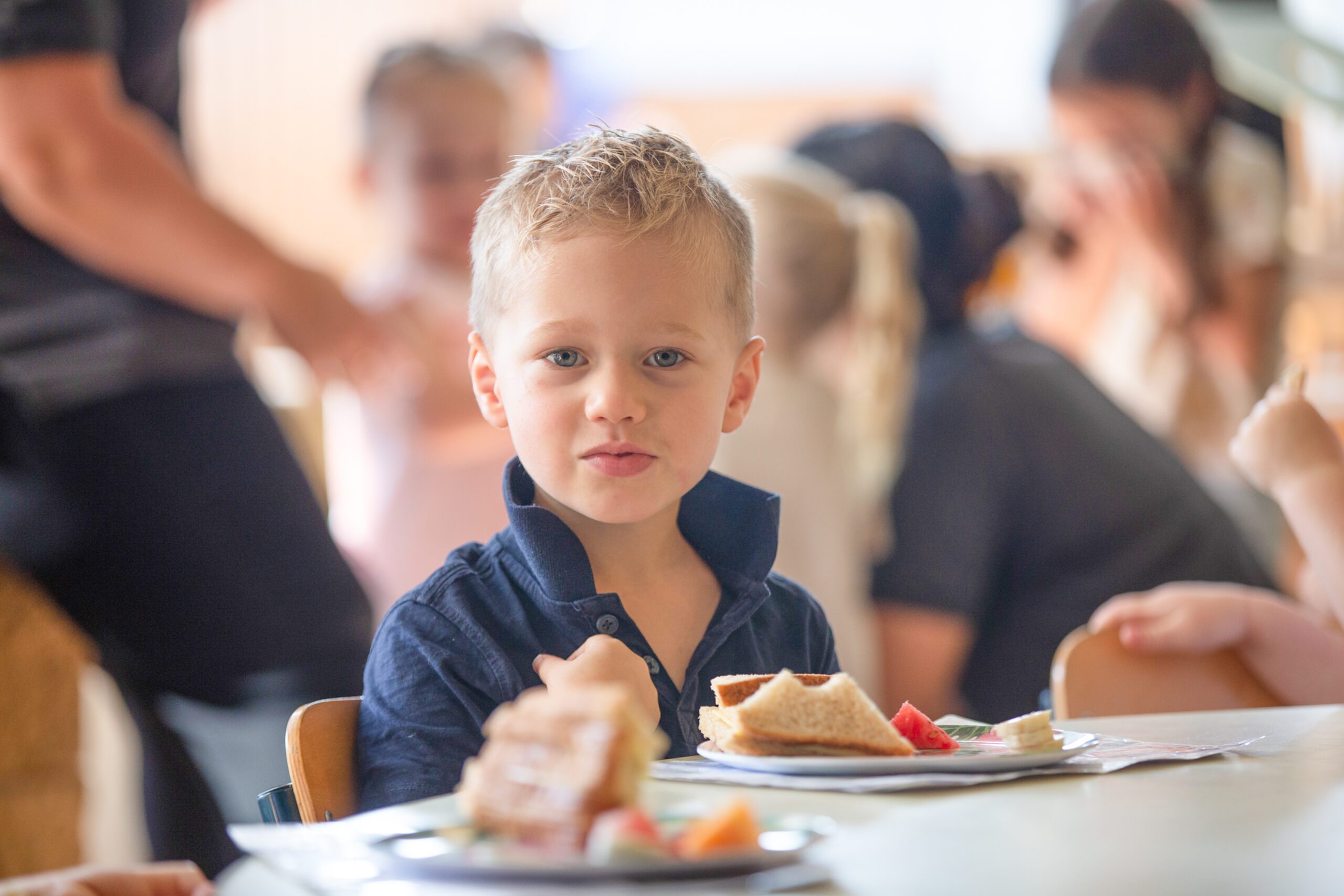
“You held on tightly to my hand as we walked into the room. I gave you a gentle smile and encouraged you forward, but your feet stayed planted. Meanwhile, your brother was already chatting to another child. I felt a tug in my heart. Why is this so much harder for you?”
If that moment feels familiar, you’re not alone.
As parents, especially of young children, it’s natural to compare. One child might embrace new experiences with open arms, while another clings close and hesitates. It can be confusing, but it’s also completely normal. At Kids Academy, we recognise and celebrate the unique personalities and learning styles of every child. Whether your little one is bubbly and confident or more observant and cautious, they deserve support that’s tailored to who they are.
We work closely with families to help children feel secure, supported, and ready to grow, at their own pace and in their own way.
1. Introversion Is Not a Flaw, It’s a Strength
As author Susan Cain explores in her bestselling book Quiet: The Power of Introverts in a World That Can’t Stop Talking, introverted children are often misunderstood. They’re not simply “shy” or socially anxious. They process the world around them more deeply and prefer quieter, more predictable environments. After a busy day or a social setting, they may need time to recharge in their own space.
Recognising this is powerful. It helps us stop viewing introversion as something to fix, and start seeing it as something to honour.
“Introverted children bring gifts like creativity, empathy, deep concentration, and thoughtfulness. These are not traits to grow out of, they’re foundations to grow from.
2. Familiarity Builds Confidence
For children who feel unsure in unfamiliar settings, structure and predictability offer a sense of control. Before introducing something new, like attending a birthday party, visiting a new park, or starting childcare, talk through what will happen and answer questions in a calm, encouraging way.
At Kids Academy, we offer orientation visits, flexible transitions, and clear communication with families so you can help prepare your child. You might try visual aids, social stories, or simple scripts to build familiarity.
“First we’ll put your bag in your locker, then we'll get your water bottle and go say hello to Miss Chloe. Then you can play on the fort.”
When children know what to expect, their anxiety decreases, and their confidence builds.
3. Let Them Observe First, and Take Gentle Steps Forward
Many children, especially introverts, prefer to watch first before joining in. This isn’t hesitation, it’s a thoughtful way of engaging. At Kids Academy, we don’t rush this process.
If your child wants to sit quietly beside you and observe, let them. You might say:
“It’s okay to watch for now. You’ll join in when you feel ready.”
or
“Would you like to play beside the group today?”
Giving your child permission to go at their own pace builds trust, and makes each small step feel like a victory.
4. A Nurturing Environment Makes All the Difference
Our early learning environments are designed to support every type of learner, from the expressive and outgoing to the quiet and reflective. At Kids Academy, we offer calm, thoughtfully curated learning spaces where children feel safe and encouraged to explore.
These include:
-
Quiet zones with books, puzzles, and sensory resources
-
Small-group learning experiences that allow deeper connections
-
Flexible transitions and clear visual cues to support emotional security
-
Routines designed to support self-regulation and autonomy
Our Lifelong Learning Curriculum nurtures the whole child - socially, emotionally, physically, and cognitively - so that every child, no matter their temperament, has the opportunity to thrive.
5. We See the Quiet Ones, Too
Children who are naturally quieter can sometimes be misunderstood or overlooked. But at Kids Academy, our educators are trained to pay attention not just to what children say, but to what they show us through body language, observation, and gentle engagement.
Our team works to:
-
Build trusting relationships through one-on-one interactions
-
Recognise subtle signs of readiness, curiosity, or discomfort
-
Respond with patience, encouragement, and care
-
Provide consistent, calm support during transitions and social interactions
We believe children feel safest, and most confident, when they know they’re understood and accepted exactly as they are.
6. Books Can Help Children (and Parents) Understand Their Feelings
Reading together offers a quiet, safe space to explore big emotions. It’s especially helpful for introverted or sensitive children who need reassurance that they’re not alone.
For Parents:
-
Quiet: The Power of Introverts in a World That Can’t Stop Talking by Susan Cain
-
The Highly Sensitive Child by Elaine N. Aron
For Children:
-
Llama Llama Misses Mama by Anna Dewdney - helpful for easing separation
-
The Invisible String by Patrice Karst - about staying connected even when apart
-
Wemberly Worried by Kevin Henkes - a sweet story about handling nerves
These stories can help children find words for what they’re feeling, and show them that it’s okay to take their time.
Every Child Finds Their Voice in Their Own Way
Being the parent of a more reserved or cautious child can sometimes feel challenging, especially when their sibling is a social butterfly. But your child doesn’t need to become someone else to succeed. They need time, space, and adults who believe in them.
At Kids Academy, we meet your child where they are. Through expert guidance, calm encouragement, and a deeply nurturing environment, we help every child build the confidence they need to flourish, at their own pace.
Want to learn more about how we support all learning styles and temperaments? Book a tour at your local Kids Academy centre - we’d love to welcome you and your child.